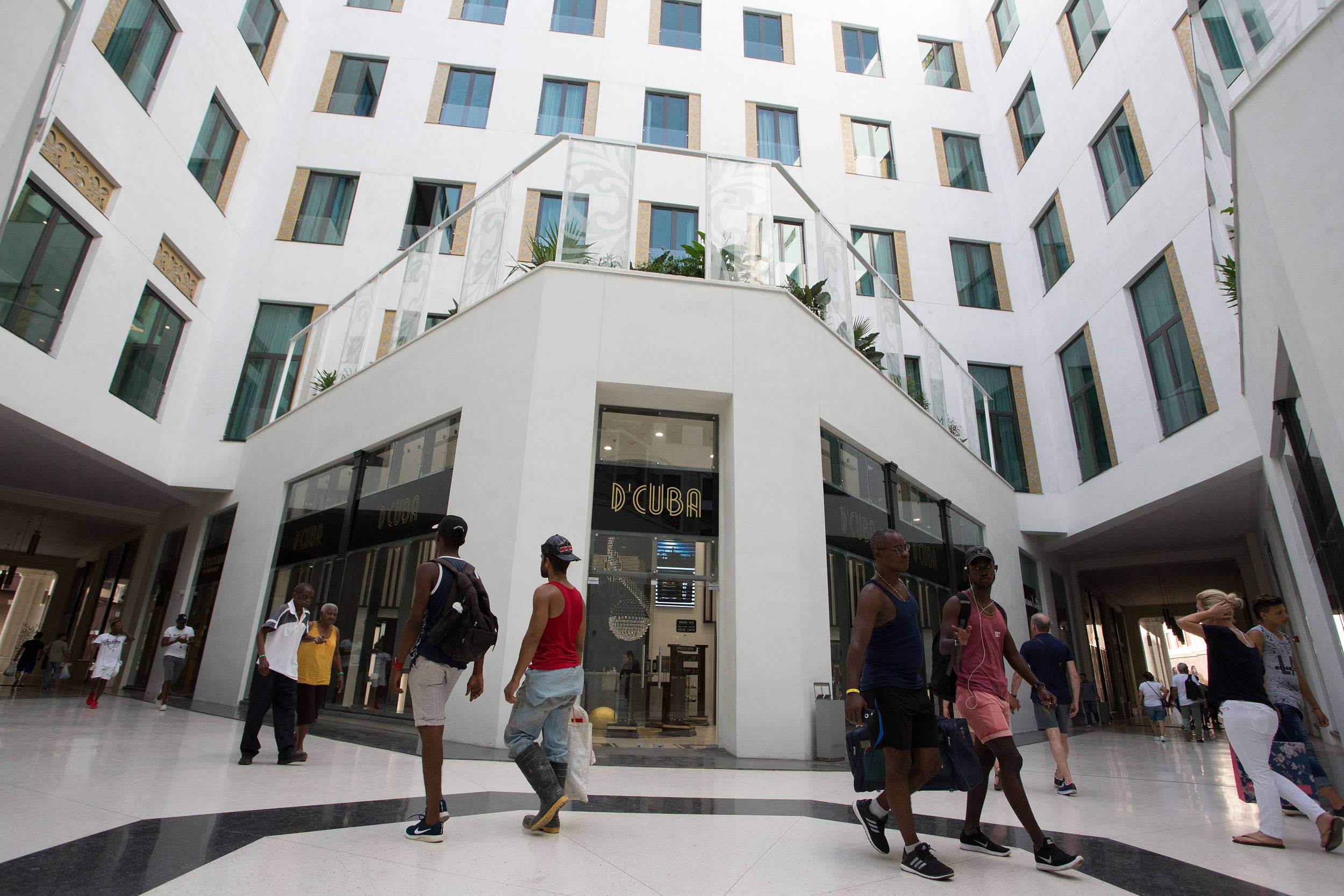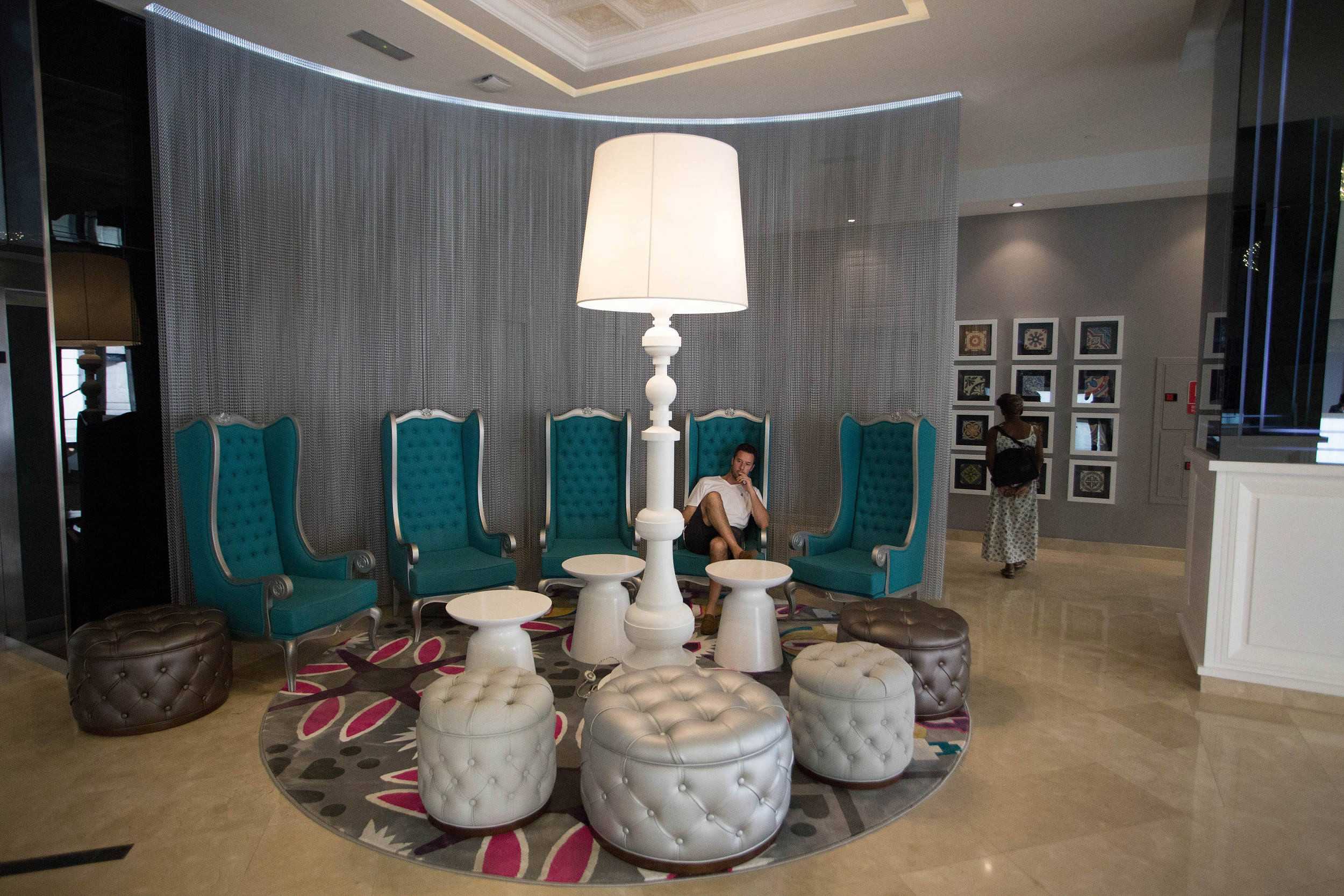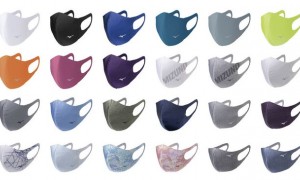By CGTN’s Michael Voss
Champagne and fine food greeted the guests attending the opening ceremony of the Grand Hotel Manzana. The island’s first luxury hotel is owned by Cuba’s military, run by the Gaviota tourism company, and managed by the upmarket Swiss hotel group Kempinski.
“The inauguration of this important hotel marks a new stage in the development of Cuban tourism. There’s a demand from very wealthy people who want luxury hotels and this is precisely our answer,” Cuba’s Tourism Minister Manuel Marrero Cruz said.

People visit the shops in Manzana Kempinski Hotel, the first luxury five-star hotel in Havana, Cuba, May 26, 2017. /VCG Photo
The cheapest rooms in low season are over 400 US dollars a night, and suites can cost over 1,000 US dollars. The hotel has an infinity pool on the roof with impressive views of the city.
The original 19th-century building housed Cuba’s first European-style shopping arcade -- which remains, though now with top end brands like Montblanc.
After Cuba and the US restored diplomatic relations, the number of tourists visiting Cuba jumped from three million in 2014 to four million last year.
Two more modern hotels are under construction. One will be managed by Spain’s IBEROSTAR, and the other by France’s Accor. All three are using French construction company Bouygues.

A view of Manzana Kempinski Hotel, the first luxury five-star hotel in Havana, Cuba, May 26, 2017. /VCG Photo
All of Cuba's new luxury hotels are counting on a growing number of visitors from the United States, but that could go into reverse if President Donald Trump decides to crack down on Cuba.
“I believe that hospitality and real estate has a very long-term vision. Kempinski was the first five-star international operator in Beijing, we were the first one to open in Moscow at a time when everybody said the risk was too high, and we are opening today proudly in Cuba,” Markus Semer, CEO of Kempinski Hotels said.
Kempinski representatives say they have enough interest from high-end European and other clients to weather any decline in visitors from the United States.







